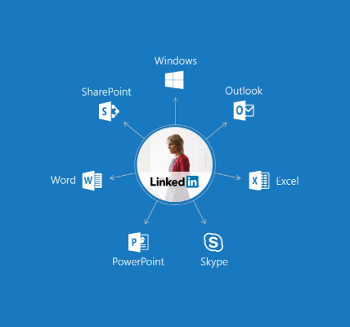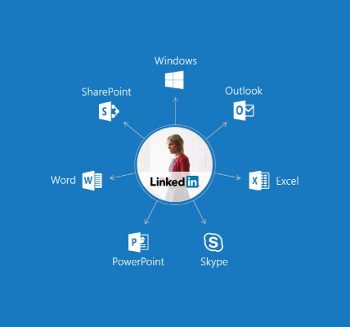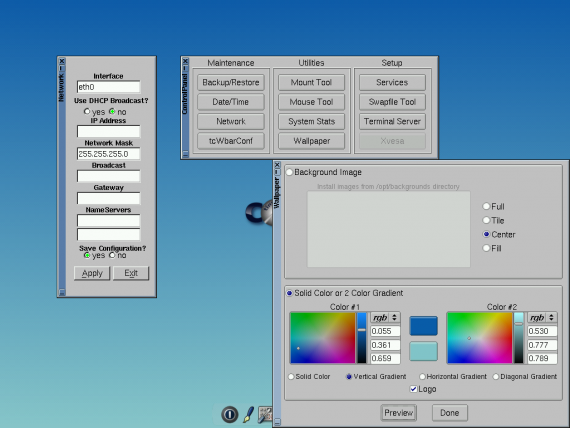Also included: Maru OS brings Android/Debian convergence, three new distro releases, Google making Android more proprietary and EFF asked to investigate Miscrosoft.
FOSS Week in Review
Here I am, sitting at the FOSS Force table in the land of the not-so-deep-south. I’m in Charlotte, in the northern Carolina, 33 miles exactly from the border with the other, southern, Carolina, which is probably good, just in case I need to make a quick getaway. I’m also almost exactly 90 miles from the termite eaten shack I call home up near the Virginia state line. Essentially this morning I’ve traveled from state to shining state.
I am, of course, at the SouthEast LinuxFest, which is Tux’s gift to the land of fatback, grits and turnip greens. This year’s trip is something of a working trip, because I really can’t afford to take three days away from work. So FOSS Force has a table here, convenient for me to get my work done, as I’m doing now, writing the weekend roundup. It’s just like my home office, except here I’m surrounded by Linux using and loving folks instead of by unswept cobwebs and more stink bugs than I can tolerate, which is how I live. It’s fun here. It’s different. Later on I’ll take in a lecture, which will be the first performance I’ve seen that’s not on a TV screen since last October.
**
If you're finding this article useful, please consider supporting our work through our FOSS Force Independence 2026 fundraiser.
**
But first, the FOSS news…



 According to a
According to a 





